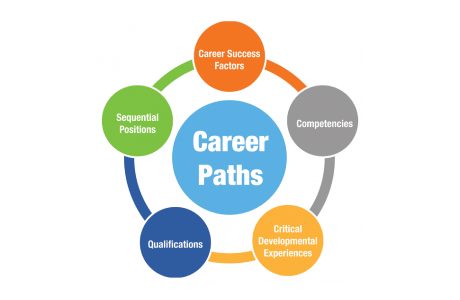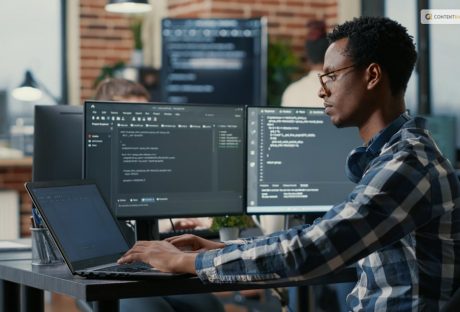Are you employed and looking for a part time job to earn extra cash, or have you lost your job and looking for ways to get back up? Well, if you are in either of these situations, a part time job can be an option for you to earn extra cash to sustain these economic hard times.
For the past one and half years, the world economy has faced so many uncertainties; millions of people lost their jobs in Singapore and across the globe regardless of the nation’s economic prowess. As the world continues to mend the economic damages brought by Covid-19, we need to be part of the solution.
3 Types Of Part Time Jobs In Singapore During Covid-19
A part time job can help you sustain a kind of lifestyle you ever dreamed of, or if you are jobless, it can sustain your bills and as you go hunting for your dream job. In Singapore, there are several part time jobs you can do. Below is a list of jobs that you can take and earn a remuneration of approximately $2000 or more.
1. Deliver Personnel/Rider
The Delivery job doesn’t have specific time thus flexibility. This is probably the best part time job you can do in Singapore. You can spend your free time delivering goods such as food, special commodities like medicine to the needy population of the society.
Due to movement restrictions, the number of people requesting delivery of goods to their doorsteps has increased, thus a perfect opportunity to earn that extra cash you need to boost your day-to-day living.
The pandemic indeed dismantled many industries, but the transport and the logistic sector is currently thriving; thus, you can be part of this incredible revolution. The surge for deliveries means more and more people are required; therefore, giving it a shot won’t hurt you.
2. Social Distance Ambassador
There is nothing good like caring for your fellow countrymen. Sometimes people tend to listen to what they see rather than being told through the media. Social distance is a perfect part time job you can do for a few hours but will have a massive impact on the nation.
If you can go and educate people on the importance of social distance and follow WHO’s guidelines, you would have helped yourself, the government, and the people you are educating while earning something. For instance, you will help reduce the spread of the virus as the world struggles to get rid of it.
The good thing about this job is that you need no CV to be part of it. You only need exceptional communication skills, fluency in English and your mother tongue, and you are all good to go.
On top of this, you need to be charismatic because people need someone proud of what they are doing, and by blending with them, the CCB message will be delivered flawlessly. As you interact with people, you also develop some crucial communication skills that will go a long way in shaping your personality and meeting new people. Trust me; you will never know where you will get your dream job.
3.Health Screener And Temperature Checker
Have you dreamed of becoming a healthcare provider, or do you admire health related jobs? Well, this one will excite you even more if you rate this profession. A million miles’ journey starts with a single step. If you can take this journey, I am pretty sure you will learn medical related terminologies and practices, you will learn that might open more doors in this profitable and reputable career.
You can do this job once you have finished your day job and still make an extra coin instead of spending your whole afternoon watching movies. The damage caused by covid-19 requires hard work and smartness to go back to before this deadly disease.
Conclusion
There is no doubt that many part time jobs are affected by the pandemic, but the good news is that there are still some jobs one can do on a part-time basis, and the three jobs we have talked about are perfect examples you can get without any struggle or Cv.
Read More:






















